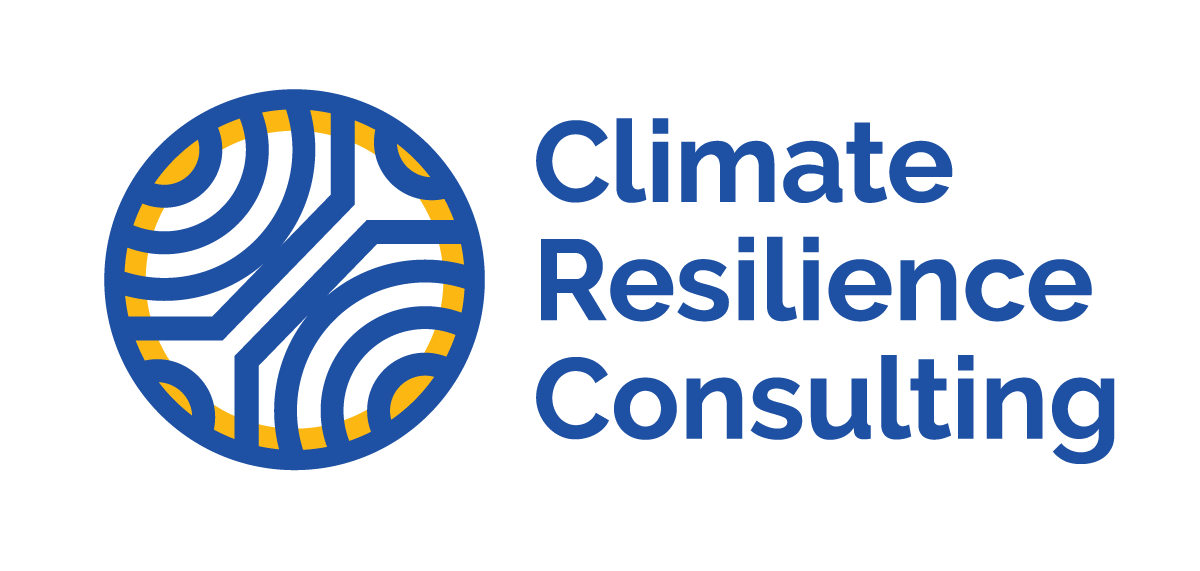By Joyce Coffee and Elena Grossman
Before Lin-Manuel Miranda’s fame exploded with “Hamilton,” he composed and won a Tony for “In the Heights,” in which the song “Black Out” is performed to end Act 1. The song is about the power going out during a heat wave in an immigrant community in Queens, New York, and the chaos that ensues.
In it, the lyrics “we are powerless” are sung by the community to mean more than just being without electricity. It also sums up how many people feel about their ability to withstand the stress and strain of extreme weather.
Last month, hundreds of leaders from around the world wrapped up the annual conference of the parties about climate change, COP22, held in Marrakesh, Morocco. They pledged to press ahead with implementation of the Paris Agreement to decrease greenhouse gas emissions and adapt to climate change. But you need not travel far to see what the impacts of a future change in climate could mean.
In fact, Chicago offers a great case to illuminate the inequity of weather impacts on low-income neighborhoods and communities of color -– an injustice that will only intensify as the climate shifts to more heat and more floods in the region.
The ultimate illustration is a tragedy that Chicago is known for around the world: more than 700 deaths from the 1995 heat wave. The majority of those who lost their lives were African American, and nearly all lived in communities considered below the poverty line.
But climate change isn’t just about hotter days, heat-related illnesses and deaths. As temperatures rise, they trigger and exacerbate other health issues, such as asthma. Again, available data show the clear disparities of asthma rates among children in poorer Chicago neighborhoods.
The other impending climate impact is more precipitation — which, here in Chicago, always poses the threat of flooding. Mold growth in flooded homes can trigger asthma attacks and allergies, and dealing with a flooded home can cause psychological, emotional and financial stress.
“Water in Basement, WIB” is the lingo for a flooded basement from storm and sewer water backups during extreme precipitation events. WIB complaints are overall higher in poorer Chicago regions. A more updated map of approved claims from private insurance, the National Flood Insurance Program, FEMA, and the Small Business Administration (SBA) Disaster Relief highlights the same neighborhoods being heavily affected by urban flooding.
Direct causation can’t be concluded here because WIB complaints are reported to the city, and many homeowners are reluctant to report flooded basements because they fear it will reduce their property value.
Leaders who gathered in Marrakesh spent two weeks talking about how impoverished communities around the world face a disproportionately higher risk to the physical and health impacts of climate change. This includes the disadvantaged communities in Chicago. The same communities of color and communities with high rates of poverty who face climate impacts today are many of the same with high heat-related deaths in 1995, asthma prevalence, number of asthma-related emergency department visits, and number of flooded basements and flood-related insurance claims.
This underscores the need to demand and allocate more resources to communities that face mounting risks of the extreme heat, worsening air quality, and flooding that climate change will bring. We need to work together to ensure an equitable reduction of climate change vulnerability in Chicago.
Co-authored by Joyce Coffee, President, Climate Resilience Consulting and Elena Grossman, MPH, BRACE-Illinois Project Manager, University of Illinois at Chicago, School of Public Health.
This article originally appeared on Triple Pundit

